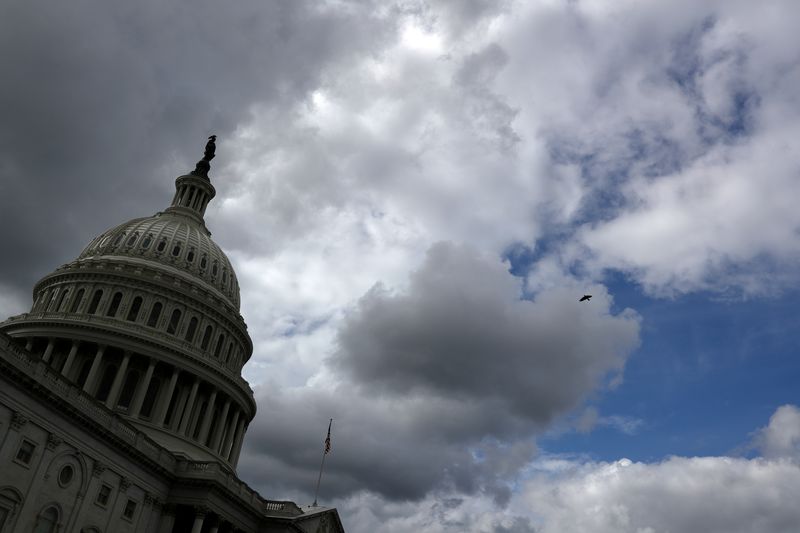Congress Faces Critical Deadline to Prevent Government Shutdown
Congress returns with just weeks to prevent a government shutdown, facing heightened partisan tensions and complex negotiations over $1.8 trillion in discretionary spending.

The U.S. Capitol Building as Congress returns to address looming government shutdown deadline
As Congress reconvenes Tuesday, lawmakers face an urgent challenge: preventing a government shutdown with less than 30 days to negotiate a $1.8 trillion spending package within the larger $7 trillion federal budget.
Partisan Tensions Complicate Budget Negotiations
The growing partisan divide has intensified during President Trump's term, particularly after his administration's controversial decisions to withhold previously approved funding and the passage of a tax bill that analysts predict could leave over 10 million low-income Americans without healthcare coverage.
Adding to the complexity are ongoing investigations into information related to Jeffrey Epstein and concerns over the administration's controversial deployment of federal agents and National Guard in Washington, D.C.
Historical Context and Current Stakes
Since 1981, the nation has experienced 14 partial government shutdowns, with the most recent lasting 34 days during Trump's first term. The current situation mirrors past challenges in addressing critical social welfare programs and public policy initiatives.
Political Dynamics and Democratic Strategy
Republicans hold a narrow 219-212 majority in the House and a 53-47 edge in the Senate. However, Senate rules require 60 votes for most bills, necessitating Democratic support. Senate Minority Leader Chuck Schumer has signaled that Democrats won't conduct "business as usual" following Republican funding cuts.
"You want my vote -- and I hope the votes of the rest of these Democrats - then by golly, you can restore healthcare for 10 million Americans!" - Senator Elizabeth Warren
Economic Implications
The federal debt stands at $37.25 trillion, reflecting a continuous upward trajectory under both Republican and Democratic administrations. This growing fiscal challenge underscores the critical nature of upcoming budget negotiations.
Path Forward
As the deadline approaches, bipartisan cooperation remains crucial. Senate Majority Leader John Thune expressed hope for continued bipartisan progress, though significant hurdles remain in reconciling competing priorities and ensuring essential government services continue uninterrupted.
Rachel Whitman
Rachel L. Whitman is a political columnist and investigative journalist based in Washington, D.C. Her writing focuses on democratic resilience, civil rights, and the intersection of technology and public policy. With a background in law and public affairs, she brings sharp analysis and a deep commitment to progressive values.
